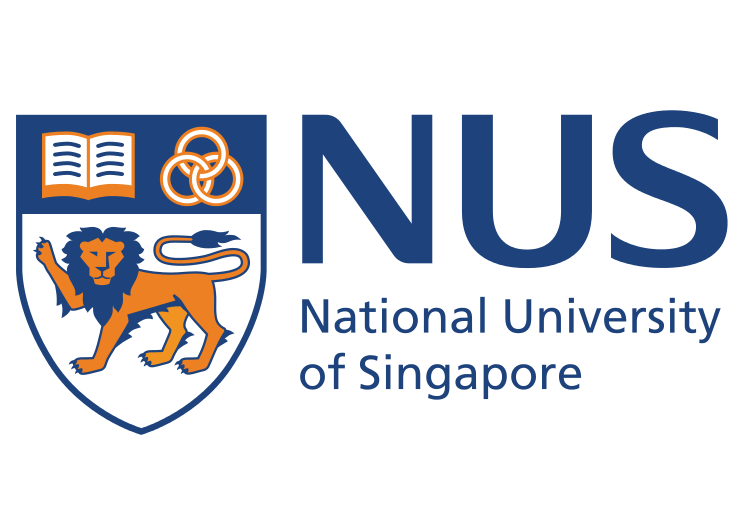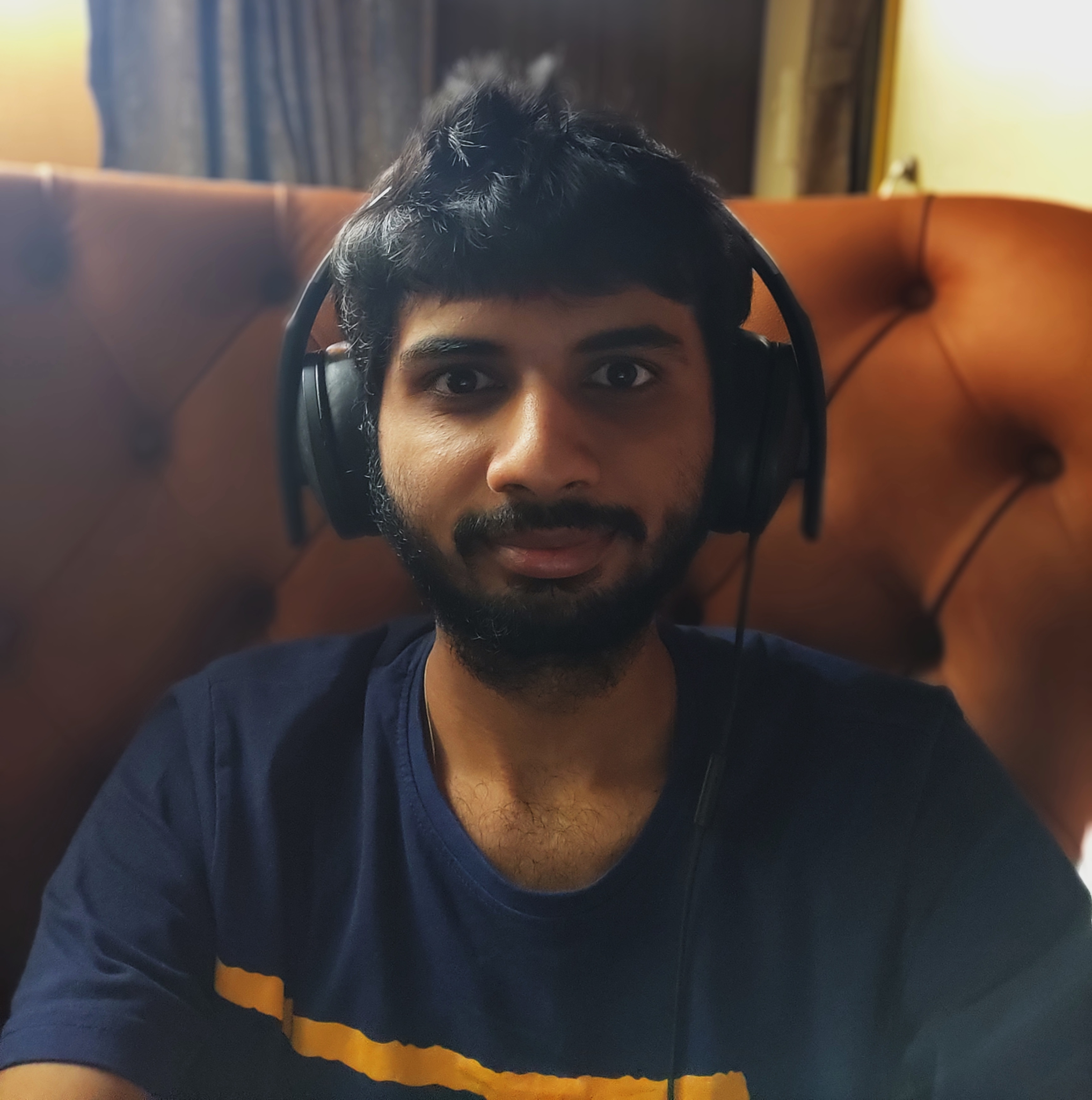Internship Diaries - Millen Kanabar at NUS

26 December 2021 | Janeel Patel, Samyak Shah
Millen Kanabar is a fourth-year dual degree student specialising in Communications and Signal Processing. He is also a member of the Student Satellite Team, currently working as an electrical and controls engineer. Being academia and research oriented, he spent his third-year summer break working on a research project at the National University of Singapore (NUS), and in this article he walks us through his internship experience.

My research journey
I had really liked the proof-based methods taught in MA 105, so I knew I wanted to do something that used similar mathematics, but I also didn’t want to do maths for the sake of doing it. I didn’t really have any idea about what exactly I would like to do until I took the Data Analysis and Interpretation course (EE 223) in the third semester. I liked what I studied in that course, so I got in touch with Prof. Jayakrishnan Nair in the winter of 2019 and did a project that relied on methods in applied probability to deal with a real-world problem. The major part of my work in this project was done within a little more than a year.
I had also read up about information theory and the questions it sought to answer, and I found them very interesting. I had a lot of time on my hands in the summer break of 2020, so I did a course on Coursera (taken by Prof. Raymond Yeung, one of the top experts in this field) covering the basics of information theory. I quickly fell in love with the subject, so I followed it up with a course in the department to fortify my basic concepts.
How I got my internship offer
I was very certain about the kind of internships I wanted to take in the summer of my third year, so I decided to be very selective about the IAFs I signed in the internship season and only spend time on apping/ preparing for internships that had profiles I was interested in: Information Theory and Random Processes. I ended up not signing a single IAF because none of the ones I saw matched with what I wanted to do in the summer.
I made a database of professors I wanted to intern with, read a little bit from a few of their papers and made sure I would like the work. I prioritised getting a guide for the DAAD-WISE scholarship, so most of the initial emails I sent were to professors in German universities. Out of all those, I got one positive reply, but the professor was not willing to do a remote internship if restrictions didn’t allow me to physically come to Germany. I asked him if he was okay with filling the scholarship proposal while I continued looking for other opportunities that offered more flexibility in that regard. He happily agreed, so I continued emailing professors (and sending a reminder to ones who hadn’t responded). Thankfully, before the submission deadline for the DAAD scholarship, I got another email from Prof. Scarlett from NUS telling me he was willing to offer me an intern. We had a short meeting at the end of which he confirmed the offer. The selection process involved an “interview” (if we can call it that) which was mostly about my future plans, what sort of problems I’d like to work on and ended with him asking me to go through one of his recent papers.
My work
I worked on mismatched encoding in rate-distortion theory. Rate-distortion theory is the study of encoding a sequence of random variables using a pre-defined codebook while incurring the minimum possible distortion. I worked on the limits of encoding when the distortion measured by the encoder can be different from the actual distortion (which might lead to a suboptimal codeword being selected) using already existing codebook construction techniques from a different setting.
My WFH experience
As far as the WFH experience goes, it was quite relaxed. I used to work according to my own schedule, and communication used to happen over email. We had meetings over Zoom once every two weeks. I used to send over handwritten notes via email whenever I wanted an opinion on some of my work, and when I was confident about a result, I added it to my progress report that I had shared via Dropbox. What made me enthusiastic about the internship was the fact that I really wanted to work on a problem in applied probability, so I went for interns aligned with the same. It turned out quite well!
Skills I acquired
One of the most important skills I learned was working collaboratively on a theoretical problem. The apping process taught me how to write good emails. I also learned a few new techniques from information theory (and in general from applied probability) that will help me in future research.
Advice to juniors
Set your goals, and work towards them. Be confident in your abilities. The responses I got made me realise that as an undergraduate, not much is expected in terms of previous knowledge. You should be enthusiastic about what you want to do, most professors really appreciate that. It is also important to be honest about your expectations and abilities, an exaggeration either way will almost always be counterproductive. WFH is a very subpar experience as compared to being there in person, but it is, in my opinion, still better than being stuck doing something you have no interest in, so make sure you have your preferences straight before you make any decisions. Everything said and done, internships are just a small part of your development as a student, engineer and/ or researcher, so don't lose sleep over the process, spend time on yourself and good things will happen to you. Cheers!